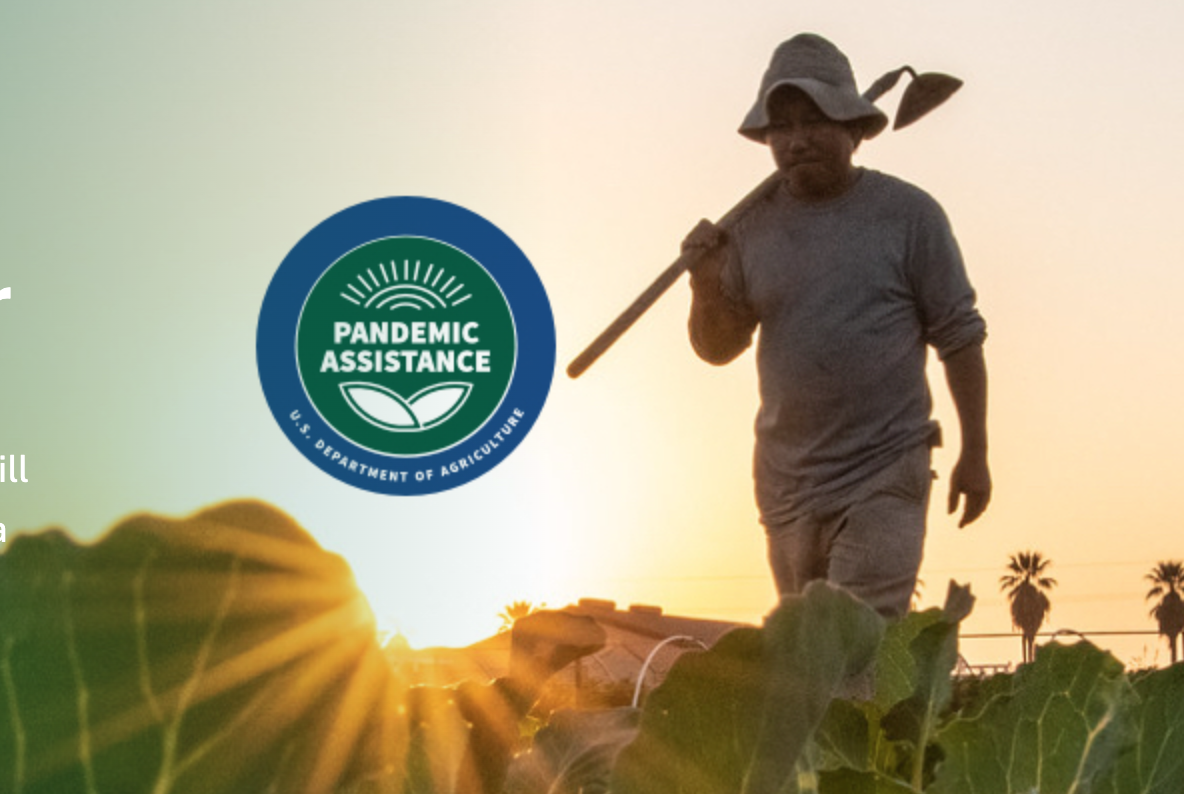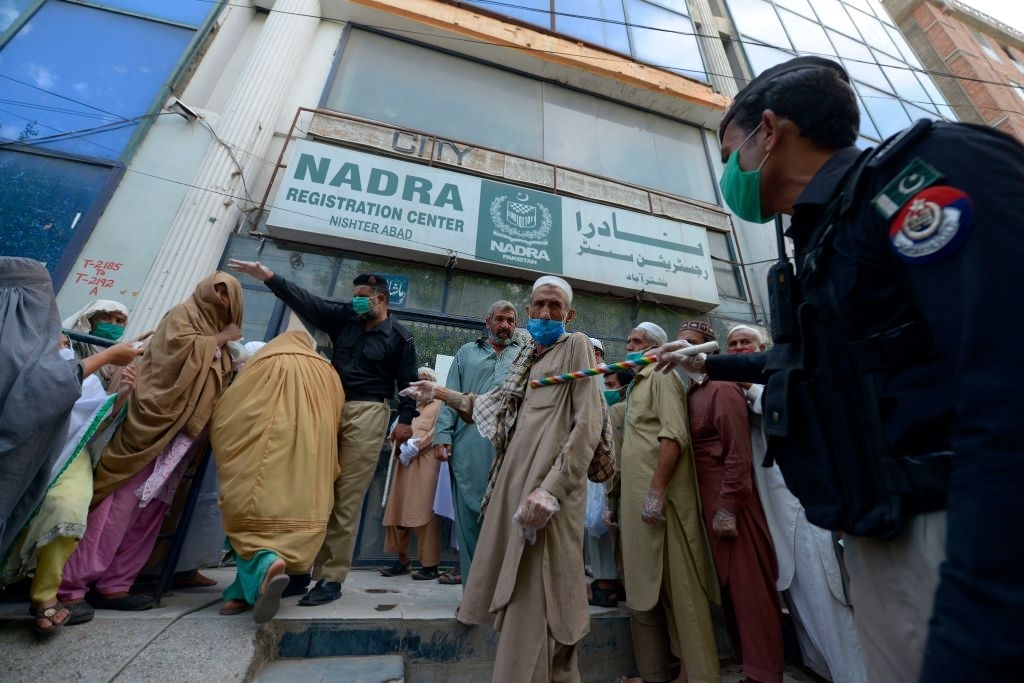Harvard University technology lab and Protect Democracy, a nonprofit are using automated alerts and machine learning to help midterm elections go smoothly and securely.
Each group offers its own free tool designed to monitor for any unwarranted changes to voter registration records and deliver timely alerts. Harvard Public Interest Tech Lab’s VoteFlare is designed to alert voters, while Protect Democracy’s VoteShield is for election officials’ use.
A variety of possible threats face voting rolls, from purges that deliberately or accidentally mark many eligible voters as “inactive,” to tampering by a foreign adversary. Russian state actors have shown interest in voting rolls and accessed at least two in 2016, although they do not appear to have impacted votes.
Quinn Raymond manages VoteShield, a project of nonpartisan nonprofit organization Protect Democracy told Government Technology that nation states may see voter rolls as tempting targets.
“If you were to hack into a voter database, that’s a very scalable attack … than hacking into a single voting machine, for instance,” he said. “It’s very cheap compared to other forms of projecting force into the world.”
It emails alerts about any strange patterns of changes and its online dashboard offers a detailed way to review those updates to see if anything truly is amiss.
States must keep centralized voter databases and VoteShield takes regular “snapshots” of those publicly available records, to track changes over time and see what a normal pattern of changes are for that jurisdiction.
If a pattern of changes occurs that’s unexpected for a particular jurisdiction, use of machine learning and statistics helps VoteShield flag it. Election officials can then click into records for more details to see if changes appear to be due to mistakes, possible malicious activity or simply unusual, but innocuous, behavior.
VoteShield has updated the offerings since first launch, and the pandemic-driven surge in absentee voting also prompted a new tool called BallotShield that can track for issues such as delays in ballots being sent out or received.
In one instance, the tool flagged that 122 ballots were being sent to a single building.
“The first instinct of anyone seeing that is, ‘Oh my god, someone is doing election fraud. Is that a candidate’s house? Is that an empty field?” Raymond recalled.
Clicking in the tool to pull up Google Maps revealed that address was a convent.
“Those are, in fact, nuns who are exercising their right to vote,” Raymond said. “We were able to see, in tremendous detail, the efficacy of vote by mail and the integrity of vote by mail.”
Having detailed data like this at hand may also give officials helpful evidence to point to when pushing back at election disinformation, and can simply make their jobs easier, Raymond said. For example, a recent upgrade lets election officials better track timelines, so they can be sure their routine voting roll maintenance is scheduled to avoid removing any ineligible voters during the federally mandated freeze period on and around elections.
Josh Visnaw, the project manager for VoteFlare, which lets individuals sign up to receive real-time alerts if any of their voter registration details change, said constituents can choose to receive the messages via email, voicemail or text.
The offering debuted in time for Georgia’s 2020 runoff senatorial elections and recently was used for Texas’ March 2022 midterm primaries. In both cases, local civil society partners helped bring VoteFlare to residents’ attention.
Few people remember to check their voter registration records during off-year elections, which means they can miss discovering if they’ve been moved to the inactive voters list, Visnaw said. Prompt alerts should let them know in time to get reinstated.
If all goes well, the tools will help constituents and public officials closely monitor for any signs of honest errors or deliberate attacks, allowing them to sort out voting registration discrepancies quickly before they impede ballot casting.
Source:






Comments